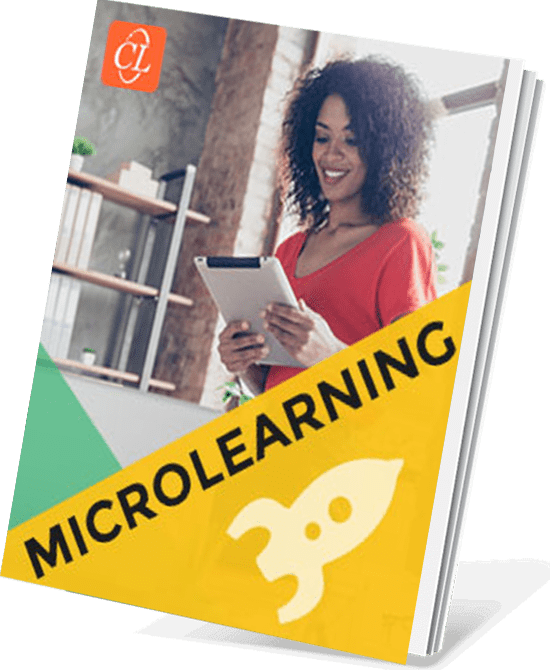


I t is well-known that selling is a dynamic profession, and you need to upgrade your knowledge about your products and services constantly to be a successful salesman. But, the task of salesmen in the pharmaceutical sector is tougher when compared to their counterparts in other industries. Here, the prospect (I mean the doctor) has more knowledge about medicines and diseases than the salesman. So how does the pharmaceutical representative make an impact on the doctor and how does he help introduce his company’s medicines? The answer – he needs to be as knowledgeable as the doctor himself. And what makes it possible. Well, sales enablement training is the way ahead.
Table of Contents
Sales enablement training is a strategic approach that equips the sales force with the knowledge, tools, and resources they need to excel in their roles. Imagine sales representatives who can confidently discuss complex medications, navigate regulatory hurdles, and tailor their approach to answer each healthcare professional's specific needs and concerns in a satisfactory manner. Amazing, right? This confidence and clarity of concepts about the product they’re talking about results in a high-performing sales team that builds trust, closes deals, and drives revenue growth.

The pharmaceutical sector presents various unique challenges for sales reps, thus emphasizing the need for sales enablement training. Some of the challenges are listed below:
1. Complex Products and Services: Pharmaceutical products and processes often involve a thorough understanding of the scientific concepts and components. Sales enablement ensures representatives have a proper understanding of the products, allowing them to effectively communicate benefits, mechanisms, and usage to healthcare professionals.
2. Regulatory Compliance : The pharmaceutical industry is highly regulated, and sales representatives must adhere to strict guidelines. Sales enablement training helps ensure that the sales representatives understand these regulations and are able to communicate within legal and ethical boundaries.
3. Evolving Market Landscape: As the pharmaceutical industry is constantly evolving with new products, innovations, equipment, treatments, and competitors, sales enablement training ensures the representatives stay up-to-date with the latest developments. It ensures that they can effectively position the products and respond to market changes.

Uncover the Secrets to Crafting High-performing Micro Assets!
4. Targeted Communication: Sales representatives in the pharma sector deal with a diverse audience. It ranges from doctors to nurses to hospital administration. With that said, it’s important to keep in mind that the healthcare professionals are busy people. Therefore, providing them with relevant, concise information works the best. Sales enablement training equips reps with the techniques and tools to deliver targeted, impactful messages that resonate with their audience and translate into results.
5. Enhanced Customer Relationships: When dealing in the pharmaceutical sector, building trust with healthcare professionals is crucial. So sales enablement training not only comes in handy for delivering information on particular products and the science associated with them but can also be used to help sales representatives develop soft skills. It ensures the skills and knowledge to build strong, long-lasting relationships, fostering loyalty and repeat business.
Here are 5 types of training that make for an exhaustive sales enablement training curriculum:
Here are the five types of training that must be covered in the exhaustive sales enablement training curriculum.
This type of training provides a thorough understanding of human anatomy and physiology. Sales representatives learn about the functions of various organs, their structures, and what occurs when these organs function abnormally. Such knowledge is crucial for understanding how drugs interact with the body. Training on human anatomy and physiology is often delivered by medical professionals, such as doctors.

In this training, sales representatives get to know about various diseases that their company’s medications address. They learn about the symptoms of these diseases, their cause, progression, current and potential future developments in treatment, etc. This knowledge allows them to effectively communicate the benefits of the company’s drugs to healthcare professionals.

As the name suggests, this particular training focuses on providing sales representatives with detailed information about various drugs available for each disease and their compositions. Moreover, it can include how these drugs help cure or manage the disease, as well as their indications and contraindications. This training should be conducted by pharmaceutical specialists who have in-depth knowledge of the medications. Drugs for treatment training enables representatives to answer any technical questions healthcare professionals might have.

After completing their medical training, sales representatives move on to learning the sales process. This includes strategies for initiating conversations with doctors, introducing the drugs, and promoting both the drug and the company. Training in this area also covers essential soft skills, such as communication techniques and relationship-building strategies, which are crucial for effective interactions with healthcare professionals. This training is usually delivered by senior sales trainers.

Finally, healthcare sales representatives are trained on how to handle the doctors’ objections. They learn techniques for responding to concerns and questions in a respectful and professional manner. This training helps ensure that representatives can maintain positive relationships with healthcare professionals while addressing any hesitations they may have about the medication.

Once the training is complete, sales representatives are ready to work with doctors and promote your company’s drugs.
Effective training programs are the backbone of high-impact sales enablement training.
Watch this video to explore 5 easy steps to design an effective sales enablement training program.
This extensive sales enablement training should be supported by continuous reinforcement so that the sales representatives are always productive. And how can you do so? Well, with technology by your side, learning can be imparted on the go with just a click.
When it comes to ensuring quick, continuous learning and reinforcement for your sales representatives, microlearning is definitely worth a shot. You can have bite-sized microlearning nuggets for your sales representatives on the various aspects discussed above. These mobile-friendly, responsive mini-modules can be accessed anytime, anywhere, on any device, and can be used as ready reckoners before meeting a healthcare professional.

In the competitive world of pharmaceutical sales, success is directly proportional to the sales representative’s ability to deliver clear, impactful information to healthcare professionals. To polish these skills of sales representatives and equip them with relevant, useful information, sales enablement training proves beneficial. However, one-time training won’t do your sales representatives any good. You need to provide them with regular updates and advancements happening in the pharmaceutical world.
Although pharmaceutical sales are very tough, it can be made easy if you give the sales team the edge of accessing training on the go! That’s the magic of microlearning in sales enablement training. If you wish to explore more on where does microlearning fit into your learning strategy, we’ve got just the right eBook for you. Check it out below!
Editor's note: This post was originally published on August 29, 2023, and has been updated for comprehensiveness.